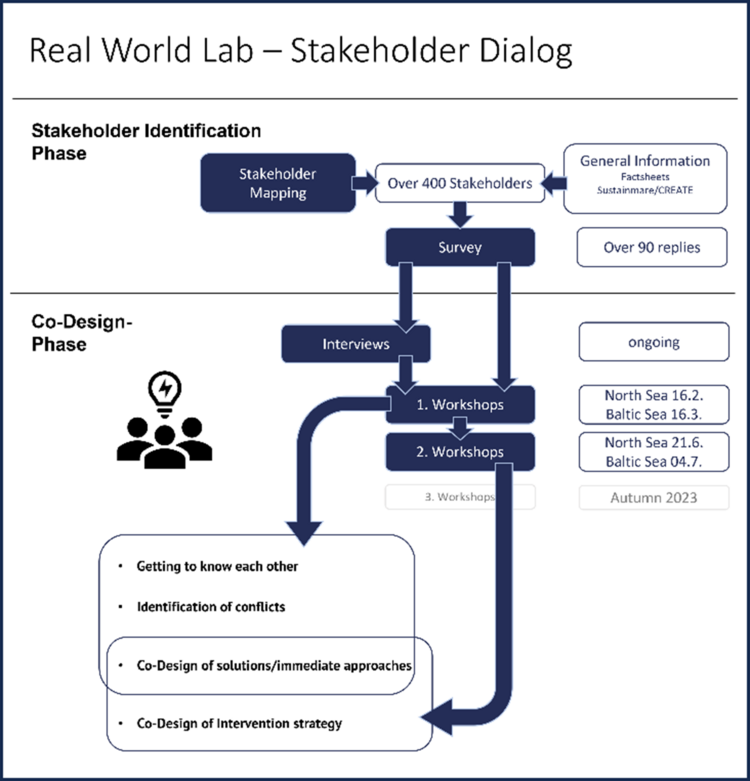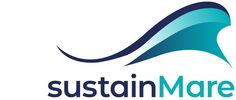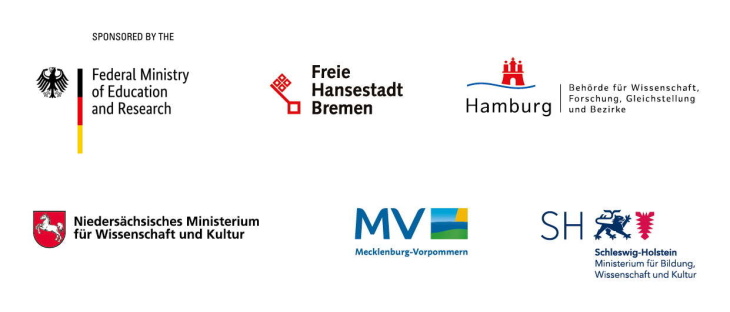Spokesperson (Contact)
Prof. Dr. Helmut Hillebrand,
Institute for Chemistry and Biology of the Marine Environment (ICBM),
University of Oldenburg
Activities
Every second thursday of the month:
Jour Fixe of all project members
Publication: „A Complete 60-Year Catalog of Wind Events in the German Bight (North Sea) Derived From ERA5 Reanalysis Data”: https://agupubs.onlinelibrary.wiley.com/doi/10.1029/2023EA003020
Publication: „On marine Real-World-Labs“: https://besjournals.onlinelibrary.wiley.com/doi/10.1002/pan3.10412
Publication: „Environmental changes affect the microbial release of hydrogen sulfide and methane from sediments at Boknis Eck (SW Baltic Sea)“: https://www.frontiersin.org/articles/10.3389/fmicb.2022.1096062/full
Project duration: 01.12.2021 - 30.11.2024




